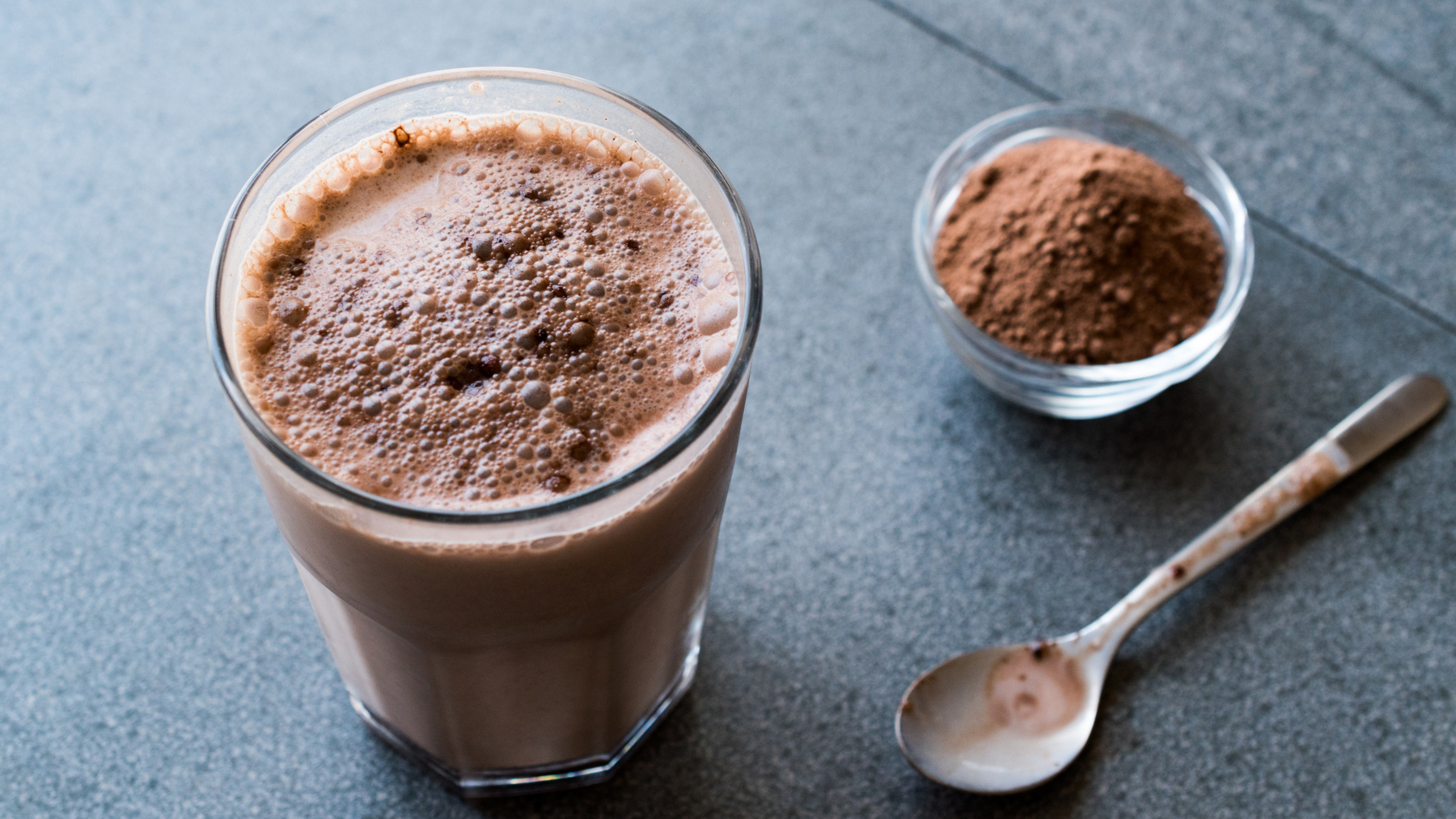
Vegan Protein Myths Busted: Stop Believing These 7 Lies
Protein myths surrounding vegan diets are among the most persistent in nutrition discourse. Despite the growing popularity of plant-based eating, misinformation still deters many from exploring or sustaining vegan lifestyles. The purpose of this article is to uncover and dismantle seven of the most common misconceptions about vegan protein—arming you with the facts so you can eat with confidence and strength.
In an age where health advice is everywhere but not always evidence-based, separating myth from fact is more important than ever. Whether you're transitioning to a vegan diet, training for performance, or simply curious about nutrition, this article will help clear the fog.
The Science Behind Protein
What Is Protein and Why Do We Need It?
Protein is one of the essential macronutrients, serving as the building blocks of our muscles, hormones, enzymes, and immune system. It’s made up of amino acids—nine of which are essential and must be obtained from food.
How Much Protein Do You Really Need?
For the average adult, recommendations hover around 0.8 grams of protein per kilogram of body weight. However, for active individuals or athletes, that number can increase to 1.2–2.0 grams per kilogram. Contrary to popular belief, a well-planned vegan diet can meet or even exceed these needs comfortably.
Lie #1: Plant Protein Is Incomplete
Understanding Amino Acid Profiles
One of the most cited myths is that plant proteins are "incomplete." This stems from the fact that most plant-based foods lack one or more essential amino acids. However, this doesn’t render them useless.
Complete vs. Complementary Proteins
You don’t need every essential amino acid in every bite. Eating a variety of plant foods across the day ensures adequate amino acid intake. For example, combining legumes with grains (like beans and rice) naturally covers all the essentials. Your body maintains an amino acid pool to draw from, making "protein combining" at each meal unnecessary.
Lie #2: You Can’t Build Muscle with Vegan Protein
Evidence from Athletes and Research
Professional vegan athletes—from ultramarathoners to bodybuilders—disprove this myth daily. Research shows that muscle gain and recovery rates are comparable between omnivores and plant-based athletes when protein needs are met.
Importance of Resistance Training
Regardless of diet, building muscle hinges on progressive resistance training and overall calorie intake. Protein quality matters, but quantity and training are more critical.
Lie #3: You Need Animal Protein for Strength
Comparing Plant and Animal Protein Quality
The PDCAAS (Protein Digestibility Corrected Amino Acid Score) and DIAAS (Digestible Indispensable Amino Acid Score) are metrics used to compare protein quality. While some animal proteins score higher, many plant sources—like soy, quinoa, and pea protein—perform well.
Performance Outcomes in Vegan Diets
Studies indicate that vegan diets, when properly managed, support strength, endurance, and cardiovascular health. Plant-based diets may even enhance blood flow, reducing recovery time and inflammation.
Lie #4: Vegans Struggle to Get Enough Protein
High-Protein Plant Foods
There’s a surprising abundance of protein-rich plant foods:
-
Lentils (18g per cup)
-
Tofu (20g per block)
-
Chickpeas (15g per cup)
-
Quinoa (8g per cup)
-
Hemp seeds (10g per 3 tbsp)
Sample Daily Vegan Protein Plan
| Meal | Food | Protein (g) |
|---|---|---|
| Breakfast | Oats + peanut butter + chia seeds | 20 |
| Lunch | Lentil curry + brown rice | 25 |
| Snack | Hummus + whole grain pita | 10 |
| Dinner | Stir-fried tofu + vegetables + quinoa | 30 |
| Total | 85g |
Lie #5: Vegan Diets Cause Protein Deficiency
Signs of Deficiency and Reality Check
True protein deficiency (kwashiorkor) is extremely rare in developed nations and typically linked to calorie malnutrition. Most vegans who eat enough calories and a varied diet get sufficient protein.
Long-Term Health of Vegans
Long-term studies show vegans often have lower risks of heart disease, obesity, and type 2 diabetes. Their protein intake generally meets or exceeds the RDA.
Lie #6: Vegan Protein Is Hard to Digest
The Role of Fibre and Digestion
Plant-based diets are high in fibre, which supports healthy digestion. Some may experience temporary bloating when switching diets, but this resolves as gut flora adapts.
Adaptation and Gut Health
Fermentation of plant fibres feeds beneficial gut bacteria, improving long-term digestion and nutrient absorption.
Lie #7: All Vegan Protein Sources Are Inferior
Nutrient Density of Plant Proteins
Many plant proteins come packed with fibre, antioxidants, vitamins, and minerals. Unlike many animal sources, they contain no cholesterol and less saturated fat.
Comparing Sustainability and Health Outcomes
Plant proteins require less land, water, and energy to produce, making them better for the planet. Health-wise, plant-based diets are associated with reduced risk of chronic disease.
FAQs About Vegan Protein
Can vegans meet daily protein needs easily?
Yes, with a diverse and calorie-sufficient diet, most vegans meet or exceed their protein needs.
Do vegan athletes perform as well as omnivores?
Numerous athletes thrive on vegan diets. Performance depends more on training and recovery than protein source.
Are protein powders necessary on a vegan diet?
Not necessary, but they offer convenience. Whole foods are sufficient, but powders can help meet needs in busy lifestyles.
Is soy protein bad for health?
No. Studies show soy is safe and may reduce risks of heart disease and certain cancers.
How can I combine plant proteins for balance?
Eating a variety—grains, legumes, nuts—throughout the day covers all amino acid needs.
What are the signs of inadequate protein intake?
Fatigue, hair thinning, muscle loss, and weakened immunity may indicate low protein intake, though these are uncommon in balanced vegan diets.
Conclusion: Busting Myths, Building Strength
It's time to set the record straight. The idea that vegans can't get enough protein is simply unfounded. Science, lived experience, and common sense show that a plant-based diet can provide all the protein your body needs—for strength, endurance, and vibrant health. By debunking these common myths, we can empower more people to embrace plant-based nutrition with confidence.



